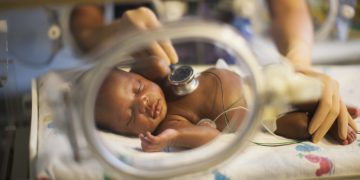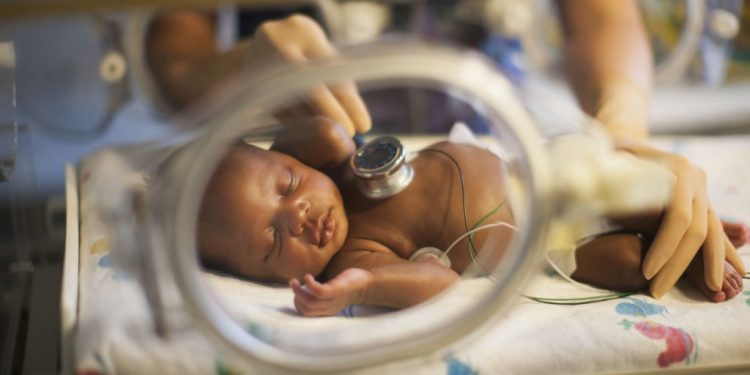By Grace Udofia and Chioma Iruke
Preterm babies are one of the most vulnerable population around the world. They are at risk of death, health complications, and other unlucky circumstances.
According to statistics, preterm or, preferably babies born too early, that is, less than 37 weeks gestation, suffer early death before age five. They also suffer disability and ill health later in life. Sub-Saharan Africa and South Asia account for over 60 percent of pre-term births worldwide.
In a 2018 report conducted by the World Health Organization (WHO) Nigeria has 773, 600 preterm babies, making it the third leading country in the world.
Heritage Times visited the University of Abuja Teaching Hospital, Gwagwalada, to find out the state of health of mothers with preterm babies and how they are faring, especially with the ongoing doctors’ strike.
It would be recalled that on August 2, 2021, Nigerian doctors under the auspices of the Nigerian Association of Resident Doctors (NARD) embarked on strike. The strike was necessitated by pay dispute between the union and the Federal Government. It claimed that the government had reneged on an agreement reached in the aftermath of the last strike in April.
When Heritage Times visited the hospital, there were two babies still in the incubator who according to findings, have been there for 58 and 30 weeks respectively.
Earlier, a mother of one of the babies had complained bitterly of not getting the deserved treatment due to the ongoing strike. According to her, she was inappropriately discharged despite the delicate nature of her baby, prompting her to seek a private alternative.
A management staff of the specialist hospital who preferred her identity to be shielded, noted that as a result of the ongoing strike action, only consultants are working, thus the focus on outpatients and not those on admission.
He noted that no one on admission is being received presently because of the strike.
The staff thus debunked rumours of such, stating that he “was not aware nor heard such reports”.
At the Special Baby Care Unit, a consultant noted that there were 29 babies previously on admission and currently two were left, as the others have been discharged. According to her, the unit kept on taking patients due to the delicate nature of patients even when the patients are not financially flexible to handle the situation, as treatment is still proffered to the infants and mother.
The consultant however berated those spearheading such rumors, as she insisted that they were baseless and unfounded.
Aside preterm babies, other patients across the nation’s public hospitals have felt the brunt of the never ending strike actions by doctors.
In August, a media outlet spoke with one Emmanuel who was supposed to be having treatment for colon cancer. The patient despite being in a critical situation, could not get help because the doctors had down tools in a nationwide strike over better pay and condition of service.
“I’m only surviving by faith,”he said. Agbenro, who is supposed to be starting a second round of chemotherapy at the state-run National Hospital in the capital Abuja says he has received no treatment since August 2.
“Since the strike started, no doctor has come to check on me. I’m only surviving by God’s grace,” he said.
“We are not accepting patients with serious medical needs,” a member of staff at the National Hospital who pleaded anonymity said. “There are no doctors on the ground, so patients in bad conditions are referred to private hospitals,” the staff added.
One of the doctors, Dr. Osahon told Heritage Times that many doctors had begun acting as consultants for private hospitals in order not to remain idle. He said some of his colleagues are also planning to leave the country, while others were engaging in various business ventures.
“Some of my friends want to leave the country, you know the profession is more lucrative outside Nigeria. For us that want to remain, you have to just choose your side hustle.
“They are those who engage in private consultancy popularly known as ‘private practice’, others have other businesses that they do to keep body and soul together. Look at me I am riding a cab,” he affirmed.
Responding to questions surrounding the state of patients affected by the strike, he noted that many patients in national hospitals were immediately discharged due to the strike action and no hospital was taking serious cases.
He however noted that senior doctors and nurses were still on ground to address very critical and rare cases.
“It’s not all doctors that joined the strike. Most senior doctors did not join not because they can’t but because of our ethics. Those doctors are the ones that cater for emergency and serious cases. So, for pre-term babies, it’s highly likely that they are still been nurtured by the hospital,” he added.



































